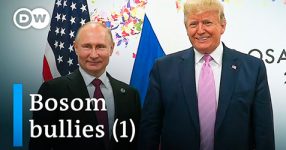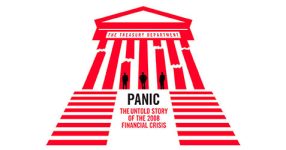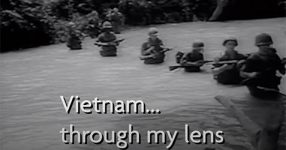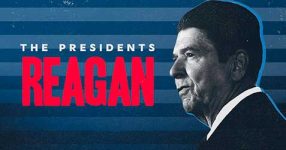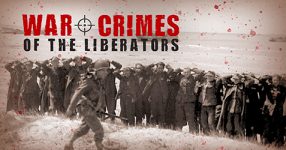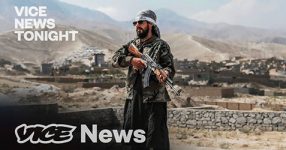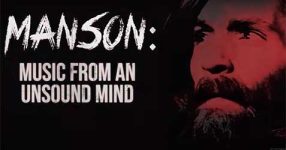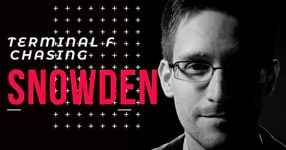In the realm of documentaries that challenge the status quo, “The Trials of Henry Kissinger” stands out as a thought-provoking exploration. Directed by Eugene Jarecki and narrated by the renowned Brian Cox, this 2002 documentary delves into the allegations of war crimes connected to Henry Kissinger, a man who held influential positions as the National Security Advisor and later Secretary of State under Presidents Nixon and Ford.
The Legal Odyssey
The heart of “The Trials of Henry Kissinger” beats with the fervor of a legal argument. Inspired by Christopher Hitchens’ 2001 book “The Trial of Henry Kissinger,” the documentary unfolds as a compelling case study. It dissects key events in Kissinger’s career that have been shrouded in controversy and suspicion.
- Secret Diplomacy in Vietnam In one segment, the documentary scrutinizes Kissinger’s alleged secret diplomacy during the 1968 peace talks to end the Vietnam War. This chapter unravels the complexities of international relations during a turbulent period.
- The Secret Bombing of Cambodia Another spotlight shines on the secret bombing of Cambodia in the early ’70s, executed without congressional authorization. This clandestine operation brings to light the hidden facets of American foreign policy.
- Chilean Political Upheaval The documentary unveils the alleged U.S.-backed plot to overthrow the leftist government of Chilean leader Salvador Allende. It paints a picture of geopolitical maneuvering and its far-reaching consequences.
A Quest for Justice
“The Trials of Henry Kissinger” is not just a historical inquiry; it’s a contemporary investigation driven by a relentless quest for justice. At its core, it echoes Christopher Hitchens’ charges against Kissinger as a war criminal. These allegations, meticulously documented in Hitchens’ book of the same title, revolve around Kissinger’s involvement in countries like Cambodia, Chile, and Indonesia.
A Deeper Examination
Kissinger’s story transcends individual culpability; it raises profound questions about the trajectory of American foreign policy. The documentary challenges viewers to contemplate a new era of human rights and how they intersect with diplomacy.
Unmasking Kissinger’s Role
As the narrative unfolds, it becomes evident that “The Trials of Henry Kissinger” places Henry Kissinger under an unrelenting spotlight. It meticulously dissects his role in America’s secret bombing of Cambodia in 1969, his approval of Indonesia’s genocidal assault on East Timor in 1975, the assassination of a Chilean general in 1970, and his involvement in the 1969 Paris peace talks concerning the Vietnam Conflict.
A Polarizing Debate
What sets this documentary apart is its commitment to presenting a multifaceted perspective. While Christopher Hitchens and like-minded individuals make a compelling case against Kissinger, the film also features defenders of Kissinger’s policies and legacy. This dichotomy results in a robust and nuanced debate, refusing to shy away from the unflinching accusations of its source material.
A Cinematic Triumph
Eugene Jarecki’s relentless direction, the diverse range of perspectives from the documentary’s talking heads, and Brian Cox’s scathing narration combine to create a cinematic triumph. As Newsday aptly put it upon release, “The Trials of Henry Kissinger” is “required viewing for every American, especially now.”
In conclusion, “The Trials of Henry Kissinger” is a documentary that transcends its time. It challenges us to question the actions of those in power, even when they occupy the highest echelons of government. This film is a testament to the power of critical inquiry, unearthing the controversies and complexities that define our world. It serves as a reminder that, in the pursuit of justice, there are no sacred cows.


